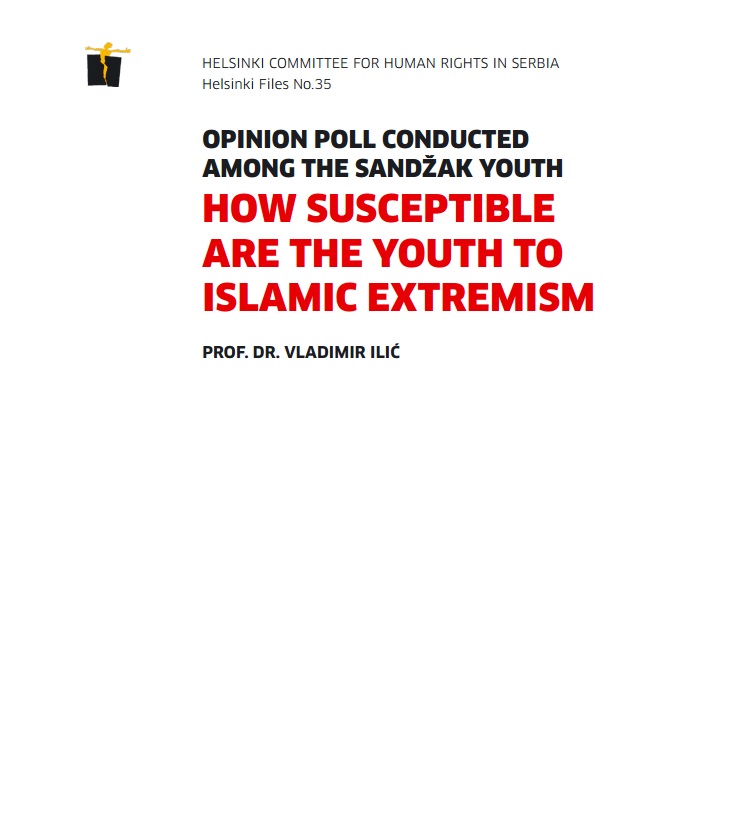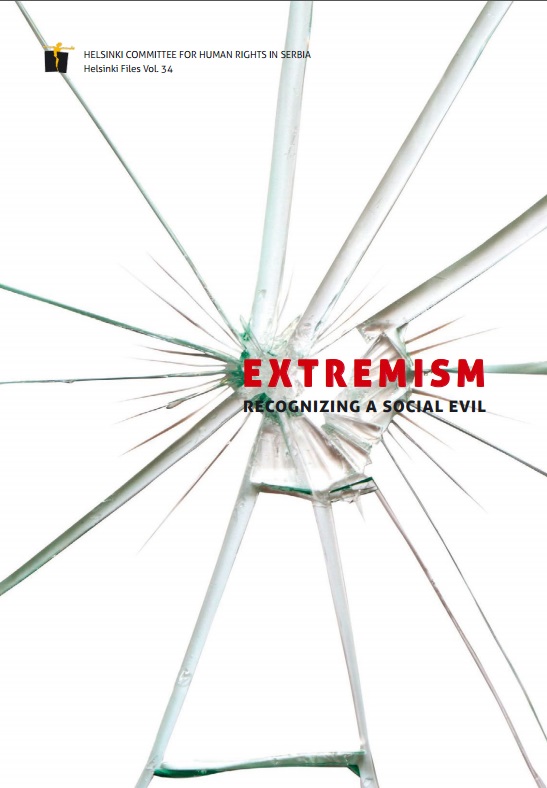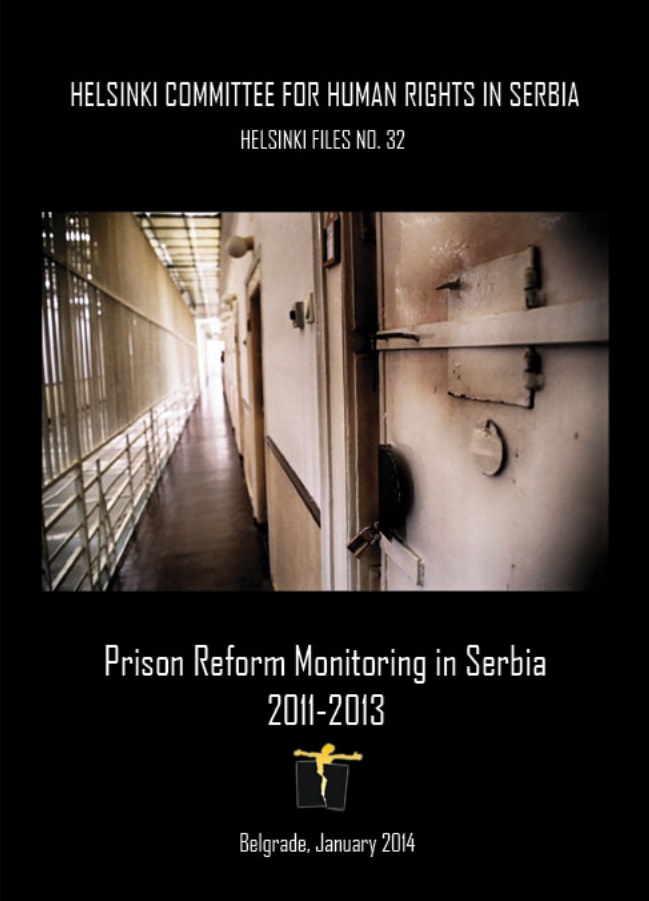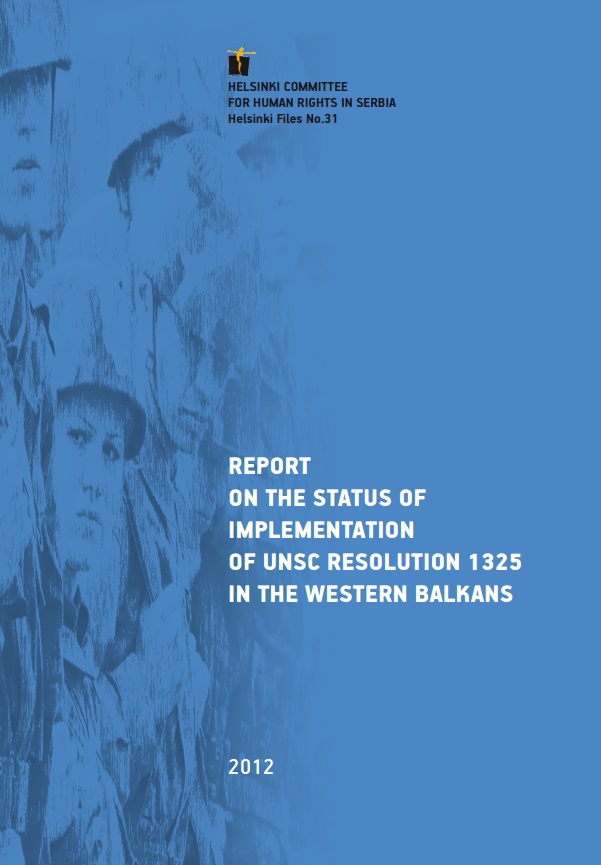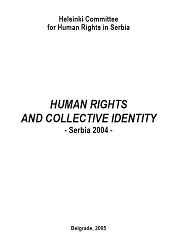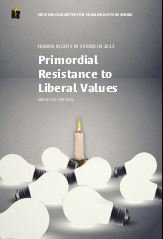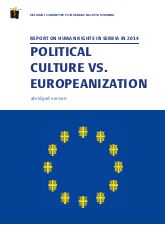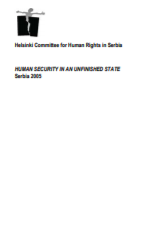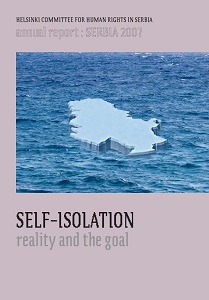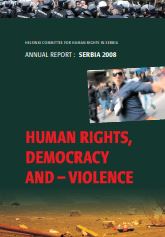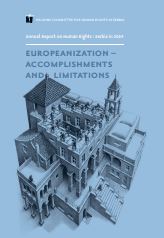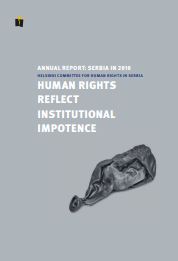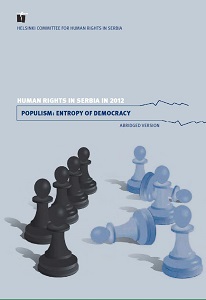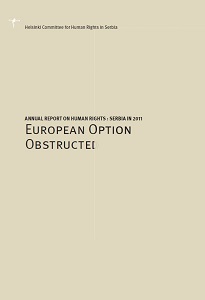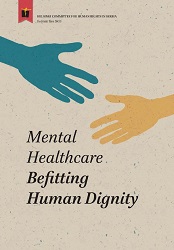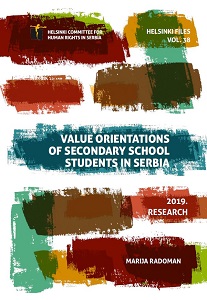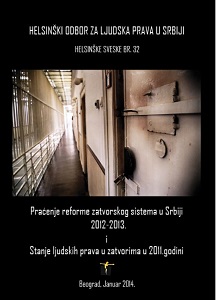HELSINŠKE SVESKE №28 - SANDŽAK: identitet u procepu starog i novog
Author(s): / Language(s): Serbian
Keywords: Helsinki Committee; Serbia; community identity; Yugoslavia
The Helsinki Committee for Human Rights considers the issue of the identity of the political community to be crucial for profiling the future of Serbia. In its desire to become an integral part of the EU, Serbia must also find a productive answer to the decades-long identity crisis. The current, highly emphasized ethnic profiling of community identity brings with it a number of challenges and problems. First of all, it makes integration difficult, because it narrows the field of multiculturalism and all the wealth of diversity that the former Yugoslavia, for example, emphasized as the key to its own survival. The Yugoslav model was, we should draw attention to that fact, a kind of forerunner of the European Union, and in it Serbia, as an integral part of Yugoslavia, itself had a very complex identity and a rich cultural heritage. The later narrowing and reduction of identity to an ethnic basis tore the thin threads of the very sensitive social and cultural fabric, not only of the former Yugoslavia, but also of Serbia itself. Therefore, if Serbia really wants to become an integral part of united Europe and actively participate in modern processes, it must participate in the production of identity in a different way than it does now. In contrast to the identity hierarchy, where the national identity occupies a high and privileged place, it is necessary to affirm the pluralism of identity. In Europe, in addition, efforts have been made for decades in the promotion of regional identities.
More...
